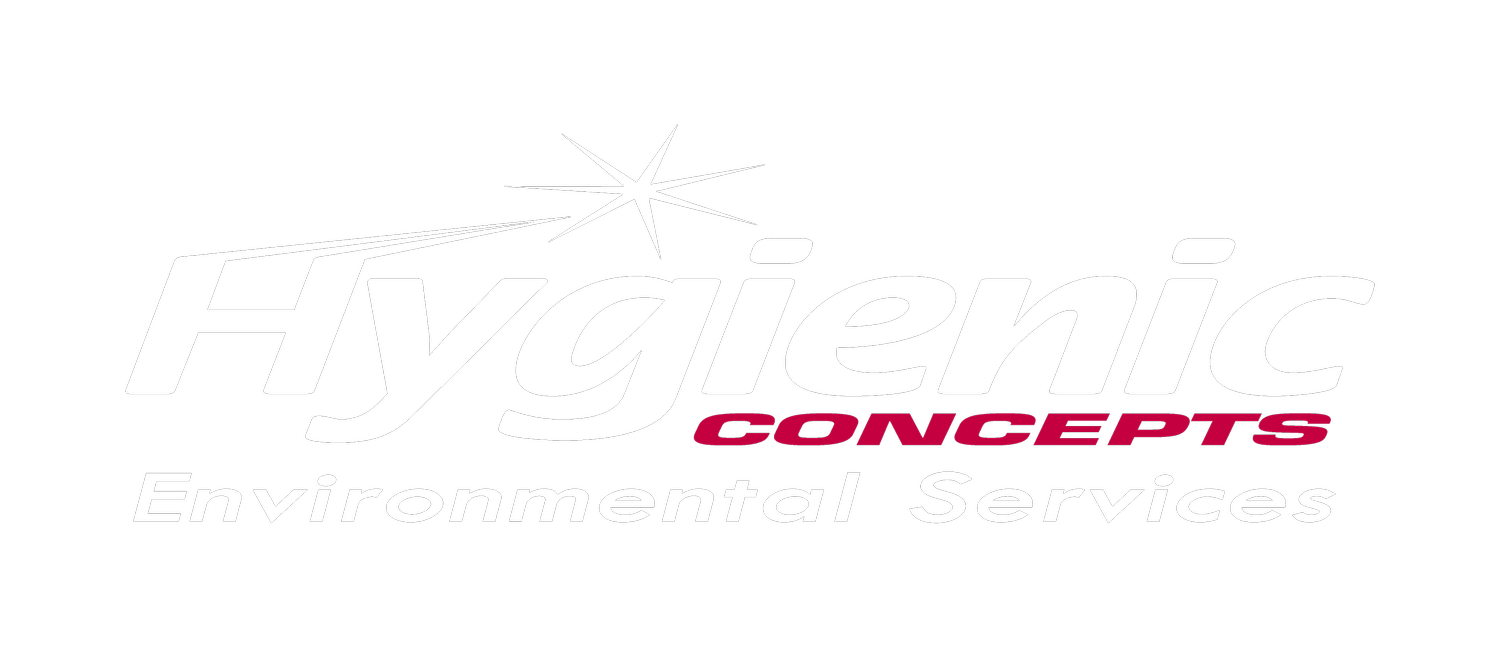What is Nappy Waste, Why It Needs to Be Controlled, and Why Nappy Disposal Services Are a Must for All Businesses and Public Spaces
In today’s world of heightened hygiene awareness and environmental responsibility, waste management plays a vital role in how businesses and public facilities are perceived. Among the various types of waste that require special attention, nappy waste is often overlooked, yet it presents significant health, environmental, and regulatory challenges.
Fact - Around 8 million nappies are used each day in the UK (source)
What is Nappy Waste?
Nappy waste refers to used nappies and related products such as baby wipes, pull-ups, incontinence pads, and other absorbent hygiene products. These items are commonly disposed of in settings such as:
Nurseries and childcare facilities
Hospitals and care homes
Shopping centres
Restaurants and cafes
Airports, service stations, and public toilets
Because nappies contain human waste, they are classified as offensive/hygiene waste and must be handled carefully to avoid health risks and ensure environmental compliance.
Why Does Nappy Waste Need to Be Controlled?
Proper control of nappy waste is not just a matter of convenience—it's a legal, environmental, and public health necessity, particularly in the UK where businesses must comply with strict waste regulations. Here’s why:
1. Health Risks
Used nappies contain human waste and bodily fluids, which can harbour harmful bacteria and viruses. In public or high-traffic areas, poor disposal of nappy waste increases the risk of infection, bad odours, pest infestations, and cross-contamination—all of which compromise hygiene standards and user safety.
2. Environmental Impact
In the UK, an estimated 8 million nappies are used every day, and nearly all of them are sent to landfill or incineration. Disposable nappies can take up to 500 years to decompose, contributing significantly to long-term environmental damage. When not managed responsibly, nappy waste can contaminate ecosystems, release harmful gases, and contribute to the UK’s growing waste crisis.
3. Legal Compliance (UK Legislation)
Businesses and organisations in the UK have a legal duty of care under the Environmental Protection Act 1990 to ensure that all waste is managed correctly from the point of generation to final disposal. Nappy waste falls under the category of offensive waste (EWC code 18 01 04/ 20 01 99), and must be:
Segregated from general waste
Stored in secure, labelled containers
Collected by a licensed waste carrier
Documented via a Waste Transfer Note (WTN)
Failure to comply with these legal responsibilities can result in substantial fines, legal action, and damage to your organisation's reputation.
4. Brand and Public Image
Clean, safe, and well-maintained facilities are a reflection of a business’s values and attention to customer wellbeing. Inadequate hygiene waste management particularly for families and vulnerable individuals, can lead to negative reviews and a decline in foot traffic. In contrast, visible hygiene measures such as nappy bins and regular servicing demonstrate care, compliance, and professionalism.
Why Nappy Disposal Services Are Essential for Businesses and Public Toilets
If your facility includes public toilets, baby changing stations, or caters to children or adults with incontinence needs, nappy disposal services are not a luxury, they’re a necessity. In the UK, where public hygiene expectations and environmental regulations are high, partnering with a trusted provider is crucial
That’s where Hygienic Concepts Environmental Services comes in—offering professional, fully compliant nappy waste solutions tailored to your business.
Here’s why Hygienic Concepts is the supplier of choice:
1. Safe Collection and Removal
Hygienic Concepts’ trained operatives handle and transport nappy waste in full compliance with UK legislation, including the Environmental Protection Act 1990 and associated waste codes. Your waste is managed safely, legally, and responsibly at every stage.
2. Specialised Bins and Storage
We provide high-capacity, hygienic nappy bins with sealed lids and internal liners designed to lock in odours and contain harmful bacteria. Bins are regularly serviced, cleaned, and replaced on a schedule that suits your operational needs.
3. Environmental Responsibility
As an environmentally conscious service provider, Hygienic Concepts ensures that your nappy waste is processed using the most sustainable methods available, including energy-from-waste (EfW) facilities and controlled landfill sites that meet all environmental standards.
4. Hassle-Free Legal Compliance
With us, you don’t have to worry about paperwork or penalties. We supply all necessary documentation, such as Waste Transfer Notes (WTNs), and keep detailed service records to ensure you stay compliant with your Duty of Care obligations.
5. Enhanced Hygiene Standards
A clean, fresh-smelling facility speaks volumes to your customers. Our nappy disposal service helps maintain a professional, family-friendly environment—boosting customer satisfaction, safeguarding health, and protecting your brand image.
In an era where hygiene and environmental responsibility are under the microscope, no business can afford to ignore proper nappy waste disposal. Whether you run a café with a baby changing unit or manage a shopping centre with multiple public restrooms, investing in a professional nappy disposal service is not just the right thing to do—it’s the smart thing to do.
Clean facilities build trust. Proper waste management builds reputation. Don’t let nappy waste be your blind spot.
Contact us today to find out more information about our services and how together we can achieve better hygiene for the future!
🌐 www.hygienicconcepts.co.uk
✉️ info@hygienicconcepts.co.uk
📞 01543 495030
#hygiene #hygienicconcepts #hcblog #sustainablehygiene #washroom #facilitymanagement

